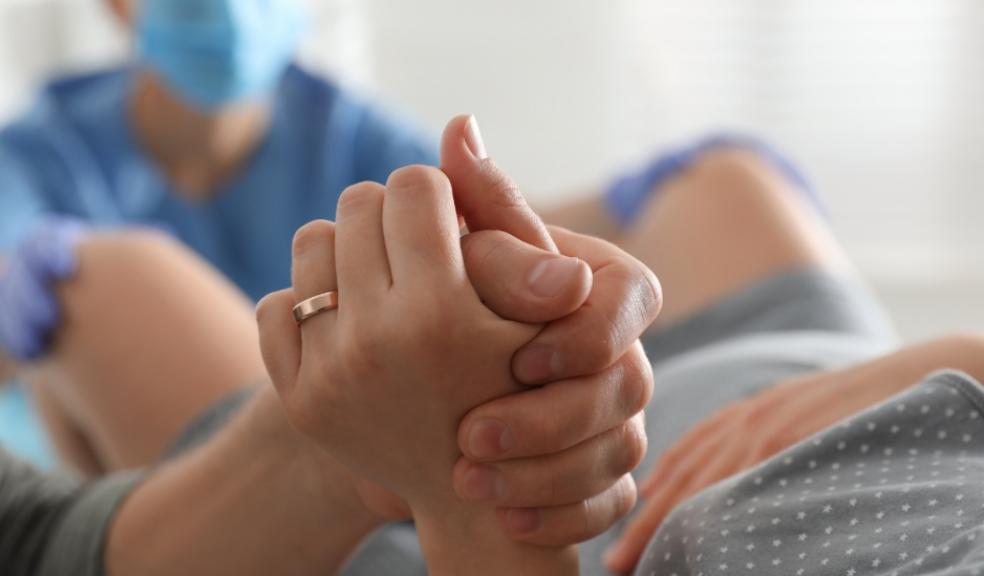
Maternity care crisis highlights lack of progress for cerebral palsy prevention
For the last decade, formal reviews have repeatedly raised inadequate training and insufficient staffing levels as key issues affecting NHS maternity care. But birth injury solicitors at RWK Goodman say figures show that past recommendations have failed to lead to better outcomes.
- 1 in 4 core NHS maternity services across the UK is currently rated as ‘inadequate’ or ‘requiring improvement’.
- Maternity care experiences have been on a downward trend since 2017, with fewer people every year saying that they were able to get help and support when they needed it during labour and birth.
- Despite a government pledge to reduce brain injuries at birth by 50% between 2016 and 2025, the number of new NHS obstetric injury claims for cerebral palsy and brain damage was the same in 2022 as in 2016.
The number of women and pregnant people who were always able to get staff help when they needed it during their labour dropped from 72% to 63% between 2019 and 2022, according to the latest CQC maternity survey. That means almost 40% of those going through labour experienced points where professional support was necessary, but unavailable. The number of mothers always able to get help in hospital after their birth, when they needed it, dropped from 62% to 57% in the same period.
Given the figures, it isn’t surprising that the number of mothers and pregnant people reporting full confidence in the staff delivering their care has also been on a downward trend for several years in the CQC’s surveys. Almost 20% in the latest survey said they weren’t given appropriate advice and support from midwives and hospitals at the start of their labour, while 23% say they were not taken seriously when raising concerns during labour and birth.
“There have been many investigations and reports which conclude the need for improved maternity services. The key factor underpinning this is of course financial resource and staffing of maternity units and community midwifery care.
“Until the NHS has the financial and management resources to invest in its maternity units, clinical staff and their training and supervision, the tragic cases of maternal injuries, serious harm to babies and fatalities will continue. This is surely an unacceptable state of affairs in a country who places huge pride in its NHS.” - Kerstin Scheel, Partner at RWK Goodman
At least 2,473 UK families have sought compensation for cerebral palsy and brain damage caused by medical negligence since 2012, with almost £5 billion of NHS spending needed to compensate for the life-long impact of maternity care failings, a new report from RWK Goodman notes.
Investing just one third of the £4.56 billion spent on some obstetrics cerebral palsy and brain damage claims in the last decade would have been enough to fund 110,000 new NHS staff, RWK Goodman says - which could have prevented thousands of cases of brain damage at birth from happening at all. It’s estimated that across the NHS as a whole, funding an additional 10,000 nursing and midwifery placements every year would cost up to £51 million, while £500 million over 5 years would be enough investment to train an additional 5,000 new health visitors.
The British Medical Association adds that “Although NHS spending has increased, it has not increased enough to keep up with demand. There has not been enough investment in infrastructure, which means there are not enough beds in hospitals and some estates are unsafe.”
Recurring care failures cited in NHS reports include, among others:
- Inadequate knowledge of the individual receiving care
- Inadequate staffing levels
- Excess workload pressures
Across many years of cerebral palsy claims errors with foetal heart rate monitoring were common, cited in 64% of claims. 91% of these involved CTG usage errors - such as CTGs not being started at the right time and staff being too slow to act on their results. “Errors like this could and should be resolved through improved training and reduced pressure on staff.” The new report says.














